Praise Letter Template for Effective Appreciation
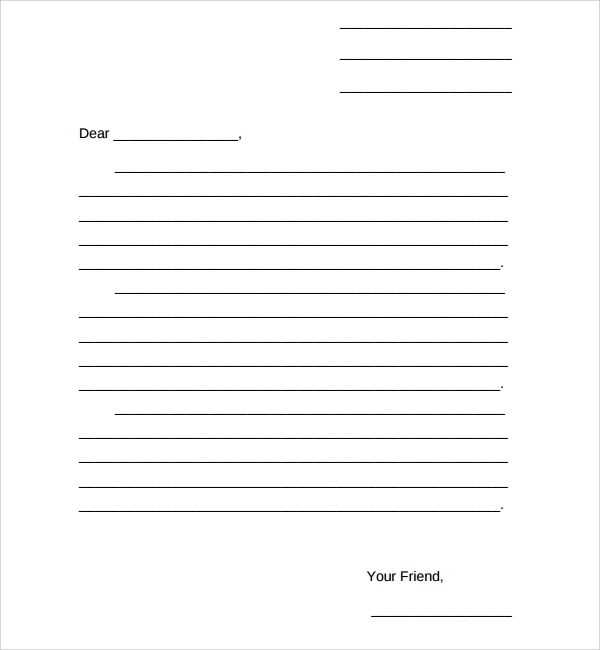
Recognizing the efforts and achievements of others is a powerful way to foster positive relationships and motivate individuals. Crafting thoughtful messages that acknowledge someone’s hard work or contribution can significantly enhance their morale and encourage continued success. Whether in a professional setting or personal interaction, showing appreciation through writing can leave a lasting impression.
Key Elements of an Effective Appreciation Message
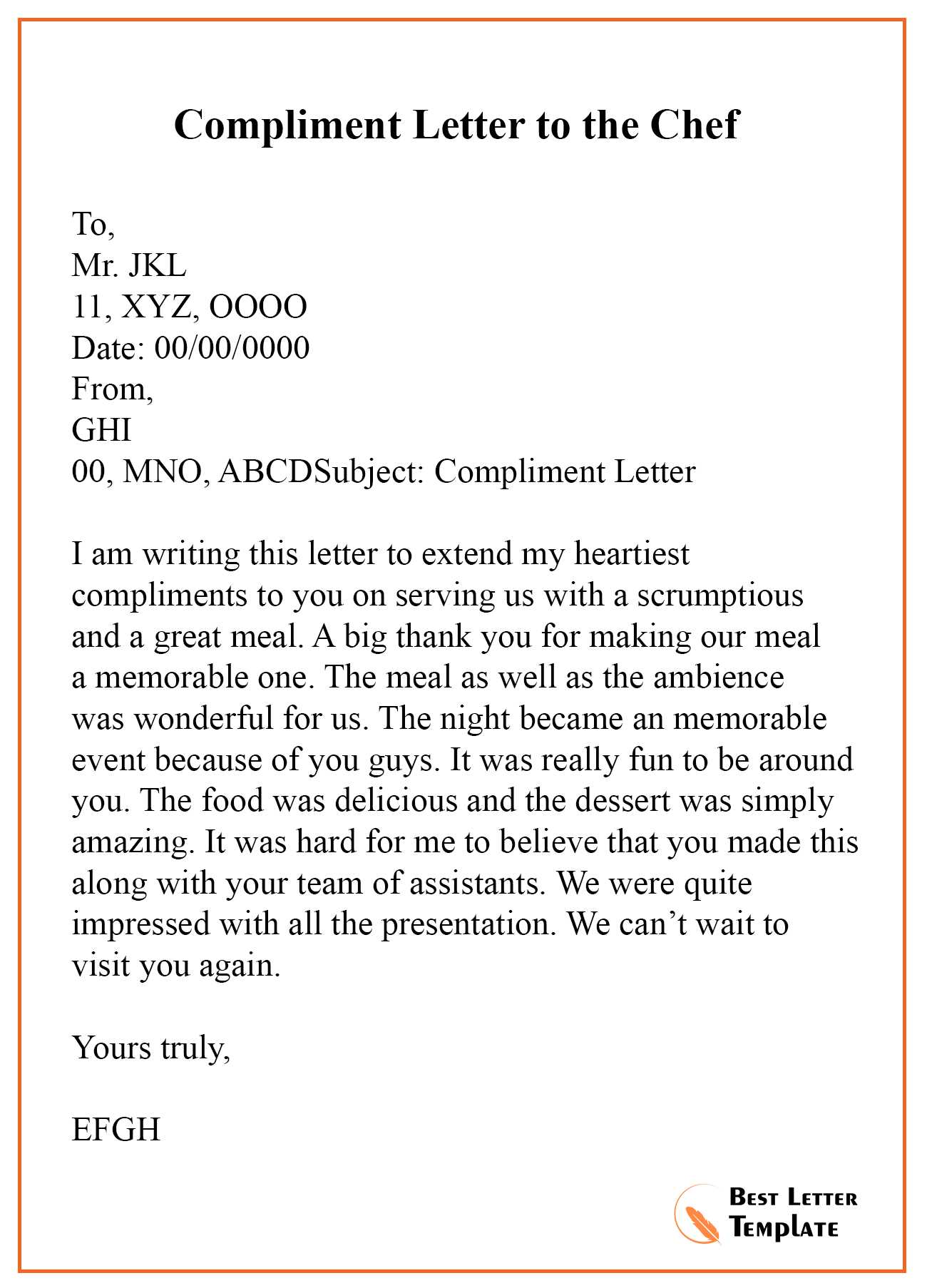
To ensure your words resonate, it’s important to include several core elements in your message. These components help create a meaningful and impactful acknowledgment.
- Clarity: Make your intention clear from the start. Express the reason for your recognition without ambiguity.
- Specificity: Highlight the exact action, achievement, or quality that deserves recognition. The more specific you are, the more sincere your message will appear.
- Positivity: Keep the tone upbeat and motivating. Focus on strengths and accomplishments, avoiding any negative or critical remarks.
How to Tailor Your Message for the Recipient
Every individual is unique, so it’s essential to customize your written acknowledgment to suit the recipient’s personality and the context of your relationship. Personalization makes the recognition more genuine and meaningful.
- Professional Context: In a workplace environment, focus on the impact of their work and how it contributes to the team’s success or the company’s goals.
- Personal Context: For friends or family members, emphasize the emotional or personal qualities you admire, such as their kindness, support, or perseverance.
Common Mistakes to Avoid
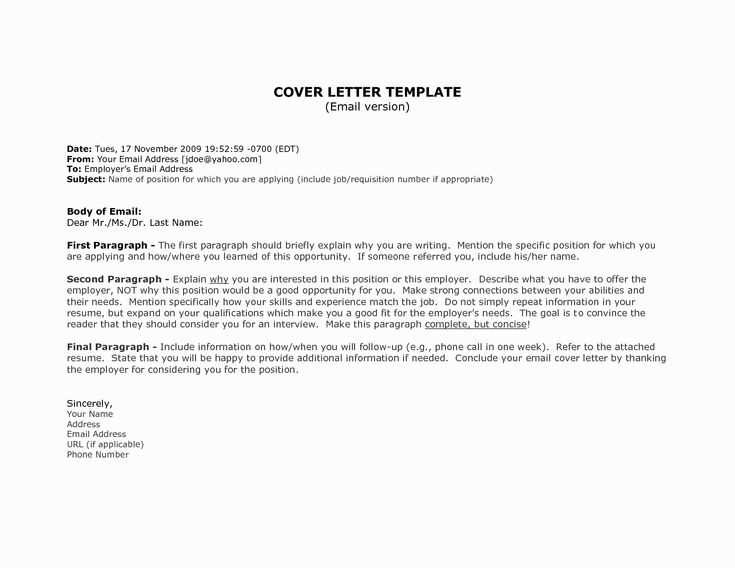
While expressing gratitude can be simple, certain missteps can undermine the effectiveness of your message. Here are a few things to watch out for:
- Generic Statements: Avoid vague or overly general phrases that don’t convey specific appreciation.
- Overdoing It: While enthusiasm is important, excessive praise can come off as insincere or forced.
- Being Too Formal or Too Casual: Striking the right balance between formal and informal language is crucial for maintaining a natural tone.
Examples of Meaningful Acknowledgment Messages
Here are some examples that illustrate how you can structure your own messages of appreciation:
- For a Job Well Done: “Your dedication to this project was outstanding, and your ability to meet deadlines while maintaining quality is truly impressive.”
- For Personal Support: “I’m so grateful for your constant support and encouragement. Your presence has made a significant difference in my life.”
- For a Team Contribution: “Your teamwork and collaboration have played a key role in the success of our recent project. Thank you for always going above and beyond.”
Why Appreciation Messages Matter in Professional Life
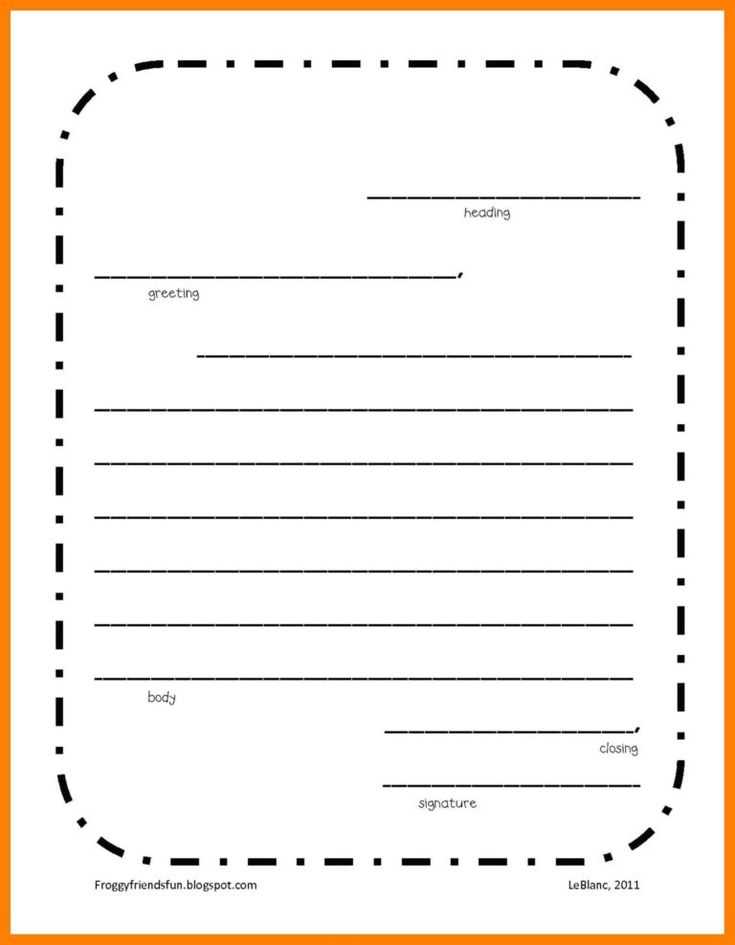
In any professional setting, acknowledging the hard work and dedication of others can significantly enhance relationships, boost motivation, and improve productivity. A well-crafted message of recognition shows that an individual’s efforts are valued and appreciated, which can strengthen both personal and professional connections. Recognizing achievements helps to create a positive and supportive work environment.
Key Elements of an Effective Acknowledgment
For a message of appreciation to have its desired effect, it should include several important components. These elements ensure the message is both meaningful and impactful.
- Clear Purpose: Start by stating the reason for the recognition clearly, so the recipient knows exactly what they are being acknowledged for.
- Specific Details: Highlight the exact actions, contributions, or qualities that deserve praise. The more precise the recognition, the more genuine it feels.
- Positive Tone: Keep the message optimistic and motivating. Focus on what the person has done well, without any criticism or negativity.
How to Personalize Your Recognition Message
To make your acknowledgment truly meaningful, tailor it to the individual recipient. Personalization adds sincerity and makes the recognition feel more authentic. Consider the recipient’s role, personality, and the nature of their contribution.
- Professional Context: Emphasize how their work benefits the team, company, or project. Specific examples of how their efforts made a difference will show that you truly value their contribution.
- Personal Context: If you are acknowledging a friend or family member, focus on their personal traits, such as kindness, reliability, or supportiveness.
When to Send a Message of Recognition
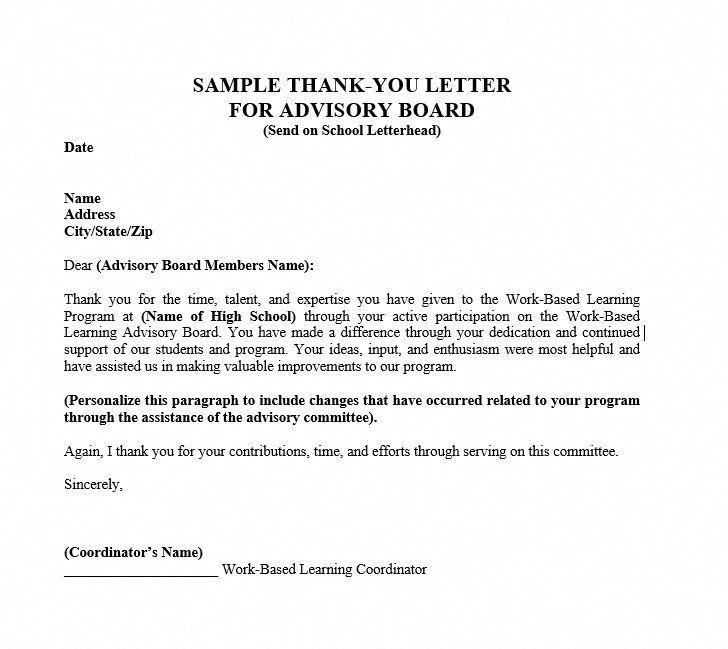
Timing is crucial when sending a message of recognition. To make the impact stronger, acknowledge achievements or positive actions soon after they happen. This shows the recipient that their contribution was noticed and appreciated in real-time.
- Immediately After a Milestone: If someone completes a significant project or hits an important target, recognizing their effort right away can strengthen the impact.
- During Regular Reviews: Incorporating recognition during performance evaluations or one-on-one meetings shows continued appreciation and encourages sustained performance.
Examples of Recognition Messages for Different Occasions
Different situations call for different ways of expressing gratitude. Below are some examples that can be adapted to various occasions:
- For an Exceptional Team Contribution: “Your dedication and teamwork have been instrumental in the success of this project. Thank you for your hard work and collaboration.”
- For Consistent Reliability: “Your commitment and consistent performance have been an incredible asset to our team. We appreciate everything you do to keep things running smoothly.”
- For Going Above and Beyond: “You’ve gone above and beyond to deliver outstanding results, and we couldn’t be more grateful for your efforts. Thank you for your exceptional work.”
Common Mistakes to Avoid in Recognition Messages
While expressing appreciation can be simple, certain mistakes can lessen the impact of your message. Be mindful of the following:
- Being Too Generic: Avoid vague statements that could apply to anyone. Specific recognition makes the message more meaningful.
- Overdoing It: Excessive praise may come off as insincere. Be genuine and keep the tone balanced.
- Inconsistent Timing: Waiting too long to send a recognition message may reduce its effectiveness. Acknowledging efforts promptly is key.
How Recognition Messages Boost Workplace Morale
Recognizing someone’s contributions not only improves their individual morale but can also positively affect the entire workplace environment. When employees feel appreciated, they are more likely to remain engaged, motivated, and loyal to their work. A culture of recognition fosters a sense of belonging, increases job satisfaction, and promotes a collaborative and positive work atmosphere.